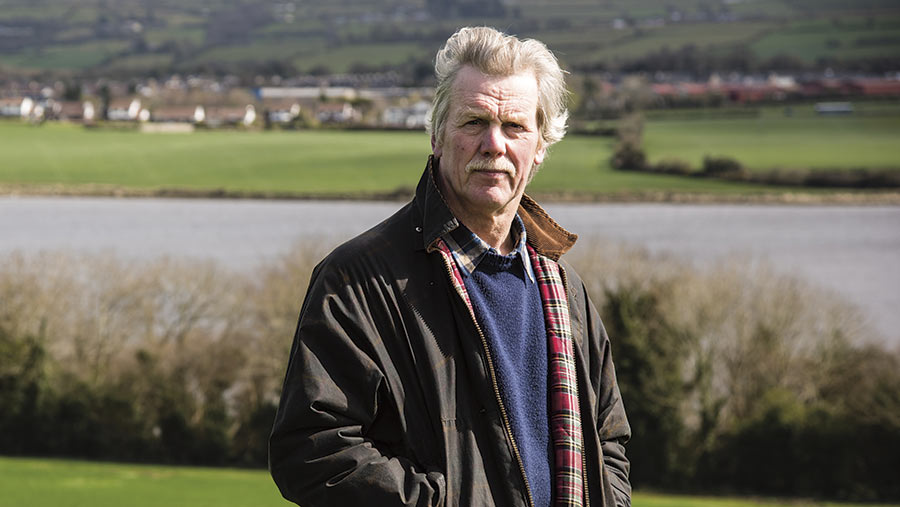Farmer Focus: My comprehensive response to Defra
 © Steffan Hill
© Steffan Hill The swallows have finally arrived, much to the considerable consternation of my horse, as they insist on using his stable as a B&B.
They are late this year and in lower numbers – pretty much mirroring the state of the farm at present.
The general feeling around here is that this has been the latest, wettest and coldest spring for probably more than 30 years. Everything is late, even the last of the cows that are due to calve.
See also: Read more from our arable Farmer Focus writers
Ground has been slow to dry after such a wet winter, not helped by constant heavy showers, so all operations are behind.
We couldn’t even start drilling spring crops until the third week in April, so I wonder when we are likely to get them harvested.
Topdressing has had to be done between the showers and spraying days have been almost non-existent.
Contradictory
As a result, I had some time on my hands and had a go at responding to Defra’s consultation.
At first reading there seemed to be little that I couldn’t agree with. Who does not want to produce abundant affordable food and in the most environmentally friendly and sustainable way possible?
However, the more I read, the more I realised that this consultation was “all things for all people”.
It contained a lot of contradictions, didn’t recognise the huge amount of good work farmers are currently doing to achieve the aims and was, at worst, rather naive.
My response ran to 14 pages. I just hope all farmer responses are taken fully on board, as we are the ones that will ultimately have to deliver a new policy.
I found myself concentrating on the lack of profitability within our industry and the huge imbalances within the supply chain.
Improved productivity and efficiencies will help, but will not replace BPS money.
That gap has to be filled through improved product prices. Solve that problem and everything else will fall into place.
Robert Moore farms on the Molenan Estate in Northern Ireland, where his family have farmed for more than 200 years. He switched to arable production in the late 1990s, away from beef and sheep. He still has a small suckler herd on non-suitable arable land.

